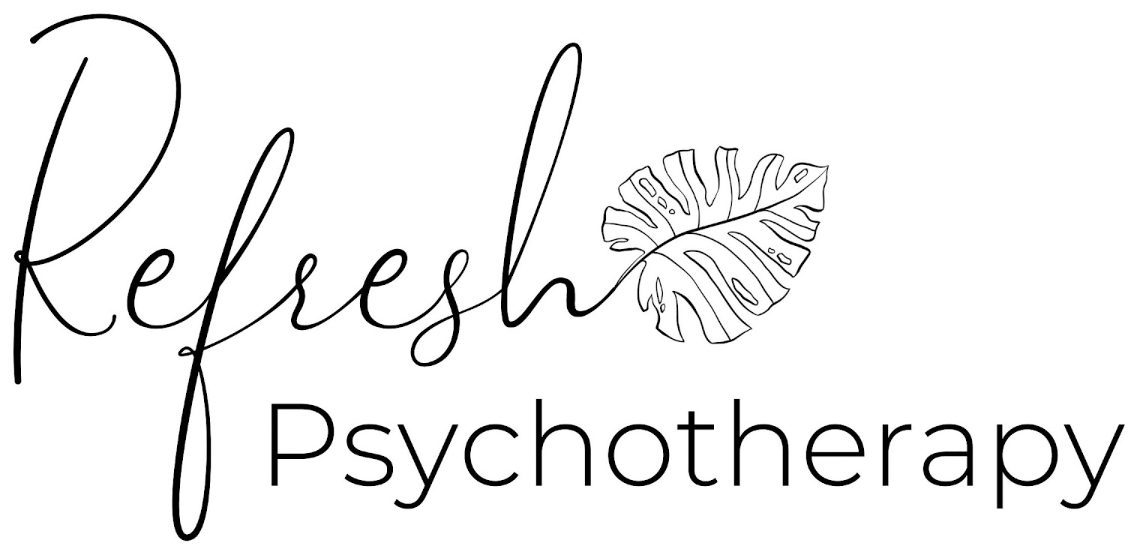
Undoing the Need to Be “Fine”: The Mask of High-Functioning Mental Health
You show up to meetings. You hit your deadlines. You manage the group chat, check in on your friends, and remember everyone’s birthdays. On paper, you’re doing just fine.
But inside? You feel exhausted, flat, or anxious. You cry in private, dissociate in public, or spiral at night. And when someone asks how you are, you smile and say, “I’m fine.”
This is the paradox of high-functioning mental health—when your life looks put-together, but your internal world is anything but. It’s not that you’re pretending. It’s that you’ve trained yourself so well to hold everything together that you can’t remember what it feels like to fall apart without shame.
This article explores the psychological cost of constantly being “fine,” why high-functioning distress is often overlooked, and how therapy can help you take off the mask—without unraveling your life.
What Is High-Functioning Mental Health?
The term “high-functioning” is widely used but rarely understood. It typically refers to people who maintain jobs, relationships, and routines despite experiencing anxiety, depression, trauma, or other mental health challenges. These individuals often:
- Struggle in silence while appearing calm and competent
- Downplay their emotional needs to avoid burdening others
- Overachieve as a form of self-worth maintenance
- Delay seeking help because things aren’t “bad enough”
Because their distress is invisible or carefully managed, their pain is often minimized—even by themselves.
Why Saying “I’m Fine” Feels Safer Than the Truth
If you grew up in an environment where vulnerability was dismissed or punished, you likely learned early that being “fine” was the safest emotional posture. Over time, “fine” becomes a reflex, not a feeling.
This tendency is reinforced by social norms that celebrate stoicism, productivity, and emotional independence. When people praise your strength, what they often mean is your ability to suffer silently without making others uncomfortable.
But repressing distress doesn’t make it go away. It buries it—until it leaks out through burnout, panic, insomnia, resentment, or physical symptoms. Studies have shown that emotional suppression is associated with increased physiological stress, lower life satisfaction, and poorer relationships (Gross & John, 2003).
The Hidden Cost of Always Being Okay
Being the “strong one” can feel like a source of pride—but it also creates chronic emotional disconnection. High-functioning individuals often:
- Struggle to name what they’re feeling
- Experience guilt when resting or asking for support
- Feel chronically misunderstood or emotionally lonely
- Fear that dropping the mask will make their life fall apart
Ironically, the very behaviors that make them seem capable—over-preparing, overthinking, over-giving—are often responses to unseen anxiety or shame.
In many cases, these patterns stem from early relational wounds. People who didn’t feel emotionally safe as children may internalize the belief that their feelings are too much—or that expressing them leads to rejection or punishment (Linehan, 1993).
Why It’s Hard to Ask for Help When You Seem “Fine”
Many high-functioning people struggle to seek help because:
- They don’t believe they’re “sick enough”
- They feel guilty taking up space from people who seem worse off
- They’re afraid vulnerability will destroy their image of competence
- They’ve spent so long managing alone that they don’t know how to let go
This is especially true in systems that reward overperformance and dismiss emotional needs—corporate workplaces, healthcare environments, or families built on image management.
But needing help doesn’t mean you’re failing. It means your coping strategies have done their job—and now, they’re ready to evolve.
Therapy Isn’t About Falling Apart—It’s About Reconnecting
Therapy isn’t just for crisis. It’s for the people who look like they have it all together but feel hollow underneath. It’s for the ones who smile on Zoom but dread logging on. The ones who give good advice but don’t feel seen. The ones who keep saying “I’m fine” because they don’t know what else they’re allowed to be.
Therapy helps you:
- Name emotions without minimizing them
- Explore the origins of your high-functioning patterns
- Relearn how to rest, ask for help, and connect authentically
- Build self-trust that isn’t tied to constant productivity
One of the most powerful moments in therapy is when someone realizes: You don’t have to earn rest. You don’t have to prove pain. You just get to be human.
Letting Go Without Falling Apart
Undoing the need to be “fine” doesn’t mean unraveling your whole life. It means learning how to hold the full truth—not just the parts that are easy to manage. That might look like:
- Saying “I’m not okay” and letting someone stay
- Taking a mental health day and resisting the urge to explain
- Crying in front of your therapist for the first time
- Letting yourself feel anger or sadness without rushing to fix it
These aren’t breakdowns. They’re breakthroughs. Signs that the part of you behind the mask is finally getting a voice.
You Don’t Have to Be “Fine” to Be Functional
High-functioning mental health is still mental health. You don’t need to wait for a crisis, a collapse, or a diagnosis to start healing.
If you’re tired of performing wellness and ready to feel it for real, therapy can help. You don’t have to carry everything alone—or smile while doing it.
Book your appointment today at refreshtherapynyc.clientsecure.me.
Written by: Keeley Teemsma, LCSW, MA
Works Cited
Gross, J. J., & John, O. P. (2003). Individual differences in two emotion regulation processes: Implications for affect, relationships, and well-being. Journal of Personality and Social Psychology, 85(2), 348–362.
Linehan, M. M. (1993). Cognitive-Behavioral Treatment of Borderline Personality Disorder. Guilford Press.
